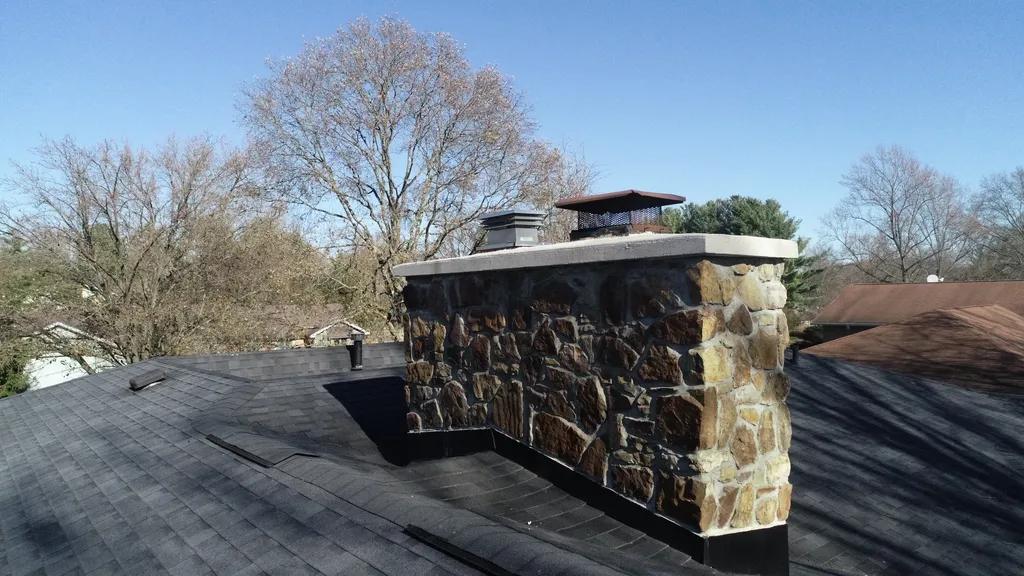Concrete block walls are a popular choice for many homes and buildings due to their durability and strength. However, over time, cracks can develop in these walls, compromising their structural integrity. In this comprehensive guide, we will provide you with the information you need to effectively repair cracks in concrete block walls to ensure the safety and stability of your structure. From identifying the different types of cracks to selecting the right repair materials and techniques, we will cover it all to help you tackle this common issue with confidence.
Table of Contents
- Common Causes of Cracks in Concrete Block Walls
- Assessment and Diagnosis of Crack Severity
- Effective Repair Techniques for Concrete Block Walls
- Preventive Measures to Avoid Future Cracking
- Q&A
- In Summary

Common Causes of Cracks in Concrete Block Walls
Cracks in concrete block walls can be a common issue that many homeowners face. These cracks can be caused by a variety of factors, from poor construction practices to environmental factors. By understanding the , you can better identify and address the problem.
Some include:
- Settlement: When the ground beneath the foundation settles unevenly, it can cause the concrete block walls to crack.
- Freezing and Thawing: In colder climates, water can seep into the concrete blocks and expand when it freezes, leading to cracks.
- Poor Installation: If the concrete blocks were not properly installed or the construction practices were subpar, cracks may develop over time.

Assessment and Diagnosis of Crack Severity
When it comes to repairing cracks in concrete block walls, it is crucial to assess and diagnose the severity of the damage before proceeding with any repairs. The first step in this process is to visually inspect the cracks to determine their size, location, and orientation. This will help in identifying the underlying cause of the cracks, whether it be due to settlement, thermal expansion, or structural issues.
After visually inspecting the cracks, it is important to perform a more thorough assessment to determine the severity of the damage. This can be done by taking measurements of the crack width, depth, and length, as well as by conducting a moisture test to check for any water infiltration. By carefully assessing and diagnosing the crack severity, you will be able to choose the most appropriate repair method to ensure the long-term stability and durability of the concrete block wall.

Effective Repair Techniques for Concrete Block Walls
Common Causes of Cracks in Concrete Block Walls:
- Poor construction practices
- Settling of the foundation
- Freezing and thawing cycles
- Tree roots invading the wall
:
When it comes to repairing cracks in concrete block walls, it’s essential to choose the right technique for the job. Here are some effective methods to consider:
- Epoxy Injection: This technique involves injecting epoxy into the cracks to fill and seal them, providing a strong bond and preventing further water infiltration.
- Patching Mortar: Using a specialized patching mortar to fill in the cracks can help restore the structural integrity of the wall and improve its appearance.

Preventive Measures to Avoid Future Cracking
When it comes to repairing cracks in concrete block walls, it is crucial to also take . One of the most effective ways to prevent cracks from forming in the future is to ensure proper drainage around the walls. Make sure that water is not pooling near the walls, as this can put pressure on the blocks and lead to cracking over time.
Another preventive measure to consider is applying a waterproof sealant to the walls. A high-quality sealant can help protect the blocks from moisture penetration, which is a common cause of cracking in concrete walls. Additionally, regularly inspecting the walls for any signs of damage and addressing them promptly can help prevent small cracks from turning into larger issues down the line.
Q&A
Q: What are the common causes of cracks in concrete block walls?
A: Cracks in concrete block walls can be caused by factors such as settling of the foundation, moisture infiltration, temperature changes, and structural stress.
Q: How can I identify the type of crack in my concrete block wall?
A: Cracks in concrete block walls can be classified as vertical, horizontal, diagonal, or stair-step. Vertical cracks are usually caused by foundation settlement, while horizontal cracks may indicate soil pressure or water damage.
Q: What materials and tools are needed to repair cracks in concrete block walls?
A: To repair cracks in concrete block walls, you will need materials such as concrete patching compound, bonding agent, and sealant. Additionally, you will need tools such as a hammer, chisel, wire brush, and trowel.
Q: What is the step-by-step process for repairing cracks in concrete block walls?
A: The process for repairing cracks in concrete block walls involves cleaning the crack, applying bonding agent, filling the crack with patching compound, smoothing the surface, and sealing the repaired area.
Q: Are there any precautions I should take before attempting to repair cracks in concrete block walls?
A: Before repairing cracks in concrete block walls, it is important to wear safety gear such as gloves and goggles. Additionally, be sure to thoroughly inspect the wall for any underlying structural issues before proceeding with the repair.
In Summary
In conclusion, repairing cracks in concrete block walls is an essential task to maintain the structural integrity of your property. By following the comprehensive guide outlined in this article, you can effectively identify, assess, and repair cracks in your walls, preventing further damage and potentially costly repairs down the line. Remember to always prioritize safety and consult with professional contractors if needed. With proper maintenance and timely repairs, you can ensure the longevity and durability of your concrete block walls for years to come. Thank you for reading and good luck with your repair project.


